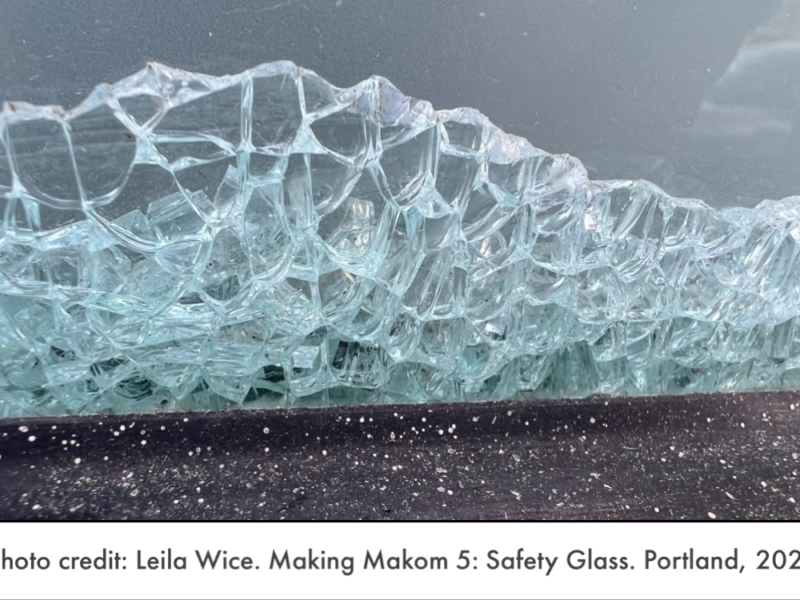Personal to those who swore they’d never see another Holocaust-themed film as long as they lived: Rescind your vow, just this once.
The German drama Remembrance (Die Verlerone Zeit) is that good. It’s better than good, in fact. It’s unforgettable.
Anna Justice’s fact-based saga relates a tale of escape from war-torn Poland nearly as incredible as Agnieszka Holland’s jaw-dropping Europa Europa of two decades ago. At the same time, Remembrance cuts between the past and the present (circa 1976) with far greater emotional force than the recent Sarah’s Key mustered.
The generator of all that power is a pressure-cooker love affair portrayed with such urgency, immediacy and intensity that it makes every screen romance you’ve seen in the last 10 years look like a foolish game of Charades.
In other words, Remembrance is the whole package. This is the rare film that’s epic in scale and reach, yet effortlessly capable of touching every viewer.
Remembrance begins in a gray concentration camp in Poland in 1944, where German Jew Hannah Silberstein (Alice Dwyer) scrubs floors in the bakery and tries to be invisible. That’s the best survival strategy, she’s learned, and her mastery of it is a big reason she makes it through the war.
I’m not giving anything away, for we’re immediately, and jarringly, shown her comfortable life in Brooklyn. Now Hannah Levine (Dagmar Manzel), she’s picking up a tablecloth from her neighborhood cleaners for a party that night when she’s stunned to overhear a television interview with a middle-aged Polish ex-partisan.
Her world thrown off its axis, Hannah spends the evening ricocheting between frantic action and distracted reverie, to her husband’s puzzlement and frustration.
Tomasz Limanowski, the gentle non-Jew that Hannah glimpsed on TV, is the other reason she’s alive. He was also a prisoner and they were secretly lovers – which may sound impossible but is presented in an utterly convincing manner. (Bribery, along with Nazi efficiency and fear, kept the camps running, apparently.)
A plan has been concocted to spring Tomasz from the camp with a roll of film exposing Nazi abuses. In an impulsive and breathtaking act of courage and devotion, he takes Hannah with him.
Pam Katz’s smart script deals pithily and succinctly with familiar Holocaust themes – trust and betrayal, Polish anti-Semitism, memory and regret, the unwillingness of survivors to discuss the past. We’re told very little but we see everything, in a glance, a gesture, or one of director Anna Justice’s powerfully elegant compositions.
The film purposely throws us into the middle of situations, forcing us to make snap judgments along with Hannah and Tomasz. This approach also has the effect of ratcheting the tension during their flight, a significant accomplishment given that we know their lucky fate at the outset.
The upshot is that it’s impossible to be a passive viewer of Remembrance. Fortunately, Justice (Max Minsky and Me) and Katz are diligent about rewarding our emotional commitment.
They have crafted a Holocaust saga that hits unusual and unexpected notes, and they’ve imbued a cross-cultural love story with historical insight and depth. From beginning to end, from top to bottom, Remembrance is an immersive, intelligent and altogether satisfying experience.
See it, then go ahead and make a new promise.
These films screen as part of the 20th Portland Jewish Film Festival, presented by the Northwest Film Center and the Institute for Judaic Studies. The complete line-up, tickets and more information are available at nwfilm.org.
Michael Fox is a San Francisco film critic and journalist.





